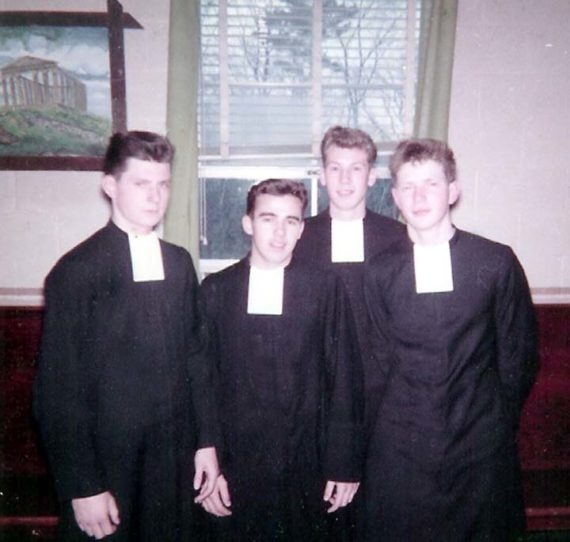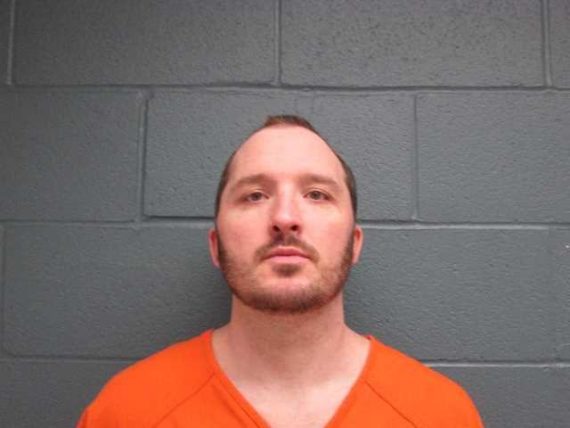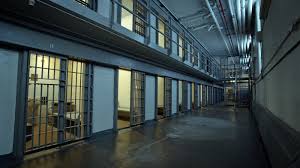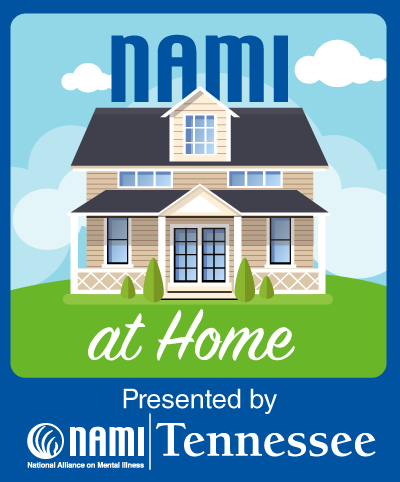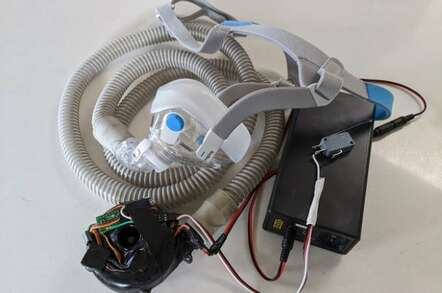(5-1-20) The death of Dr. Lorna Breen has received widespread attention but I want to memorialize her and remind the public that there are many reasons why someone chooses to end their own life – a lack of moral character is NOT one of them.
I am grateful for all the good that Dr. Breen did and for her father’s bravery in speaking out during his family’s pain to warn others about how COVID-19 is not only threatening Americans’ physical health but mental health as well.
If you feel overwhelmed or know someone who is, please contact the national suicide lifeline at 1-800-273-8255.
Father of late ER doctor who died by suicide says she ‘just ran out of steam’
The father of top Manhattan ER doctor Lorna Breen — who committed suicide after working on the front lines of the battle against the coronavirus — said in a new interview that “she put her life on the line to take care of other people.”
“She was a doctor, every bit of the word that a doctor should be,” Philip Breen said on CNN’s “Cuomo Prime Time.”
“She put her life on the line to take care of other people. She was in the trenches, so to speak, right in the front line as people were dying left and right around her,” the retired surgeon said about his 49-year-old daughter, who had become infected herself and returned to work after recovering.
